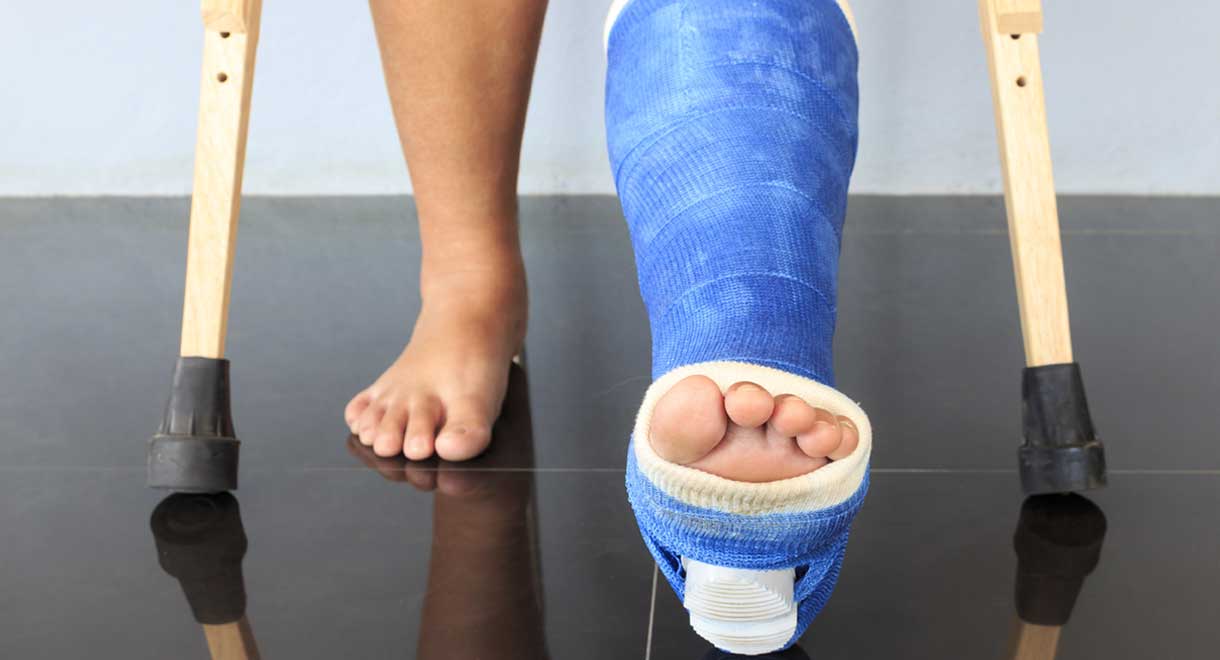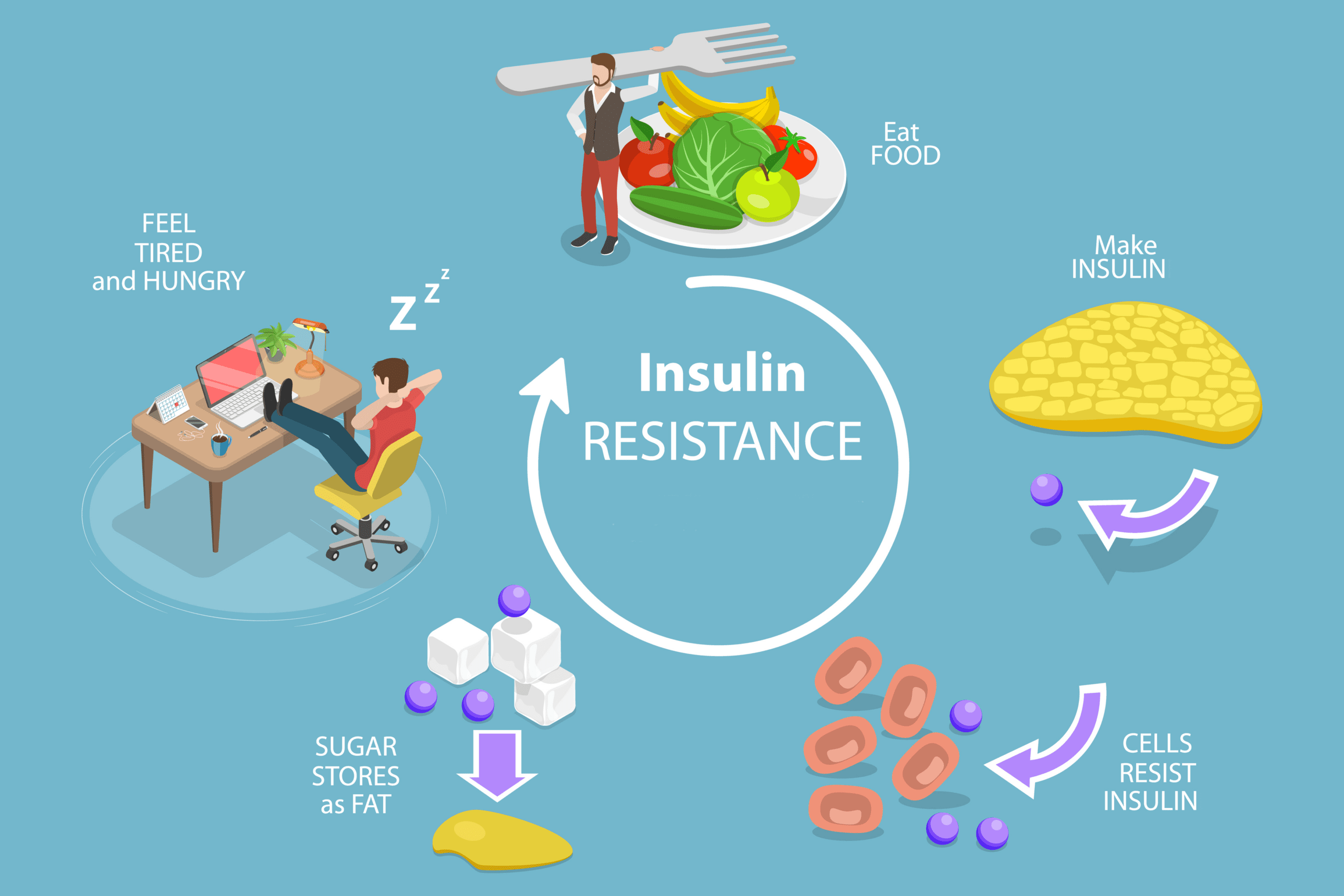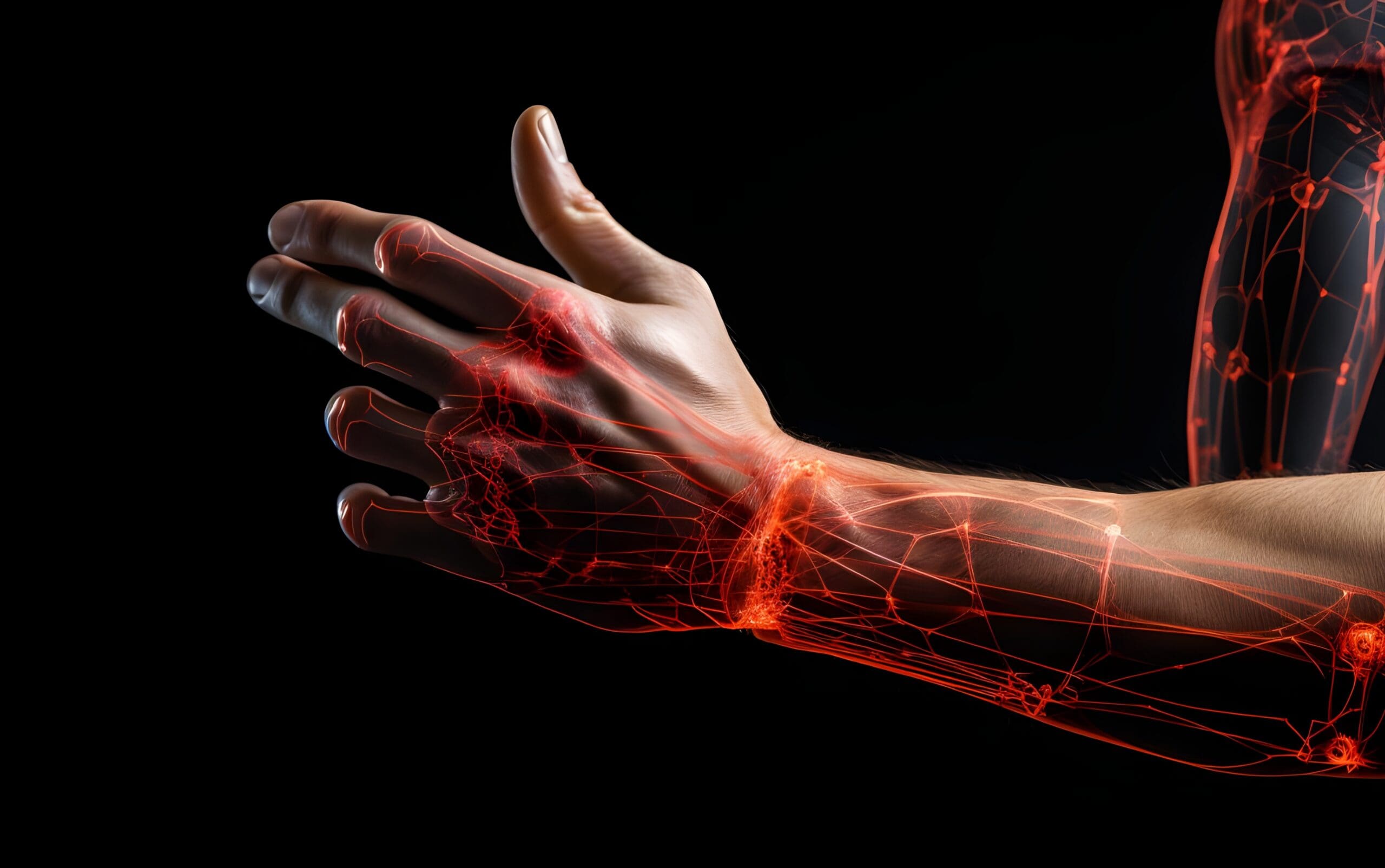Type 1 diabetics are more likely to break a bone
By naturopath Margaret Jasinska
A growing body of research is showing that type 1 diabetes can lead to impaired bone health and a more fragile skeleton. A recent study looked at medical records from 303,394 type 1 diabetes patients aged between 0 and 89 years. These were compared with data from 303,872 people without type 1 diabetes. The researchers found that type 1 diabetics have a significantly greater risk of both lower extremity fractures and hip fractures than people without diabetes. At this stage the mechanism behind this increased risk has not been conclusively determined.
Type 1 diabetes is an endocrine (hormonal) condition but it’s important to remember that it is first of all an autoimmune disease. The pancreas is no longer able to secrete sufficient insulin because it has been damaged by the immune system. The auto-antibodies and inflammatory chemicals secreted by the immune system in all autoimmune diseases create a great deal of inflammation throughout the entire body. We know that chronic inflammation wears away at bones and increases fracture risk. You can read more about that in this article.
I regularly see osteopenia or osteoporosis in my female postmenopausal patients with autoimmune disease. I even see low bone density in female patients in their 30s. Most of them have had poor gut health their entire life, compromising their ability to absorb minerals like calcium and magnesium. Some patients are aware of their gut problems because of symptoms like bloating and irritable bowel syndrome, but leaky gut is present in the majority of autoimmune disease and won’t always cause symptoms, but it does compromise nutrient absorption. Malabsorption of nutrients can weaken your skeleton, as well as weakening your immune system and aggravating any health problem you may have. The majority of my patients eat well and try to take good care of their health, yet when tested, most have nutrient deficiencies.
Calcium, magnesium, boron, vitamins D and K are all important for bone health and they are found in Calcium Complete tablets. It’s also important to remember that your bones are made of protein. They are primarily made of collagen, with added minerals. If you don’t consume enough protein, or absorb it adequately, your bones can suffer. An interesting 12 week study was conducted on 107 healthy women and 29 healthy men. They weren’t placed on a vegan diet, but they were asked to replace some of the animal protein in their diet with plant protein like legumes, nuts, seeds and grains. After just 12 weeks all of them experienced a deterioration in bone health. I believe the human body simply can’t utilise the protein present in plant foods nearly as well as that in animal foods.
When you consume protein in your diet, you use the majority of it for structural purposes, including collagen formation. You digest the protein from food and then your body requires vitamin C, zinc, silica and biotin in order to produce collagen. These nutrients are found in Collagen Food powder.
If you have any autoimmune disease, please be mindful of your bone health. Osteoporosis takes decades to develop. It is never too early to monitor the strength of your bones and take action if necessary. For more information about autoimmune disease see our book Healing Autoimmune Disease: A plan to help your immune system and reduce inflammation.









My Visa Debit card number has changed do to unfortunate events.
Is this why i am unable to buy items on here.
Hi Barbara,
If you are having trouble ordering over the website you can call and order over the phone on 02 4655 8855.
Kind regards,
Louise